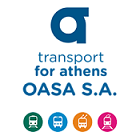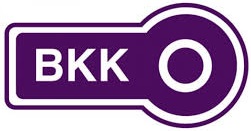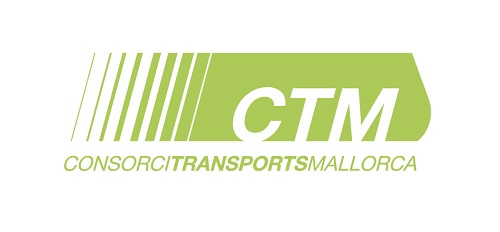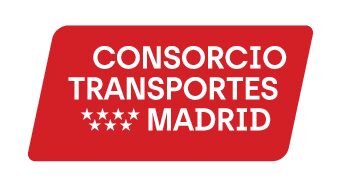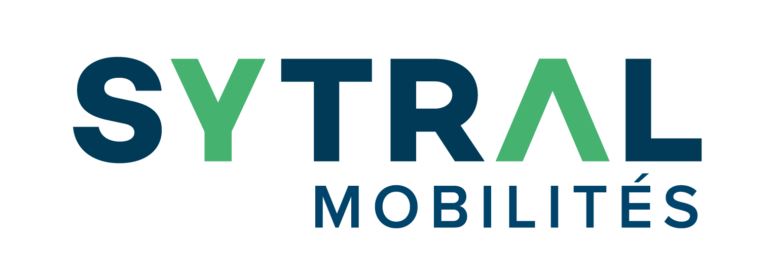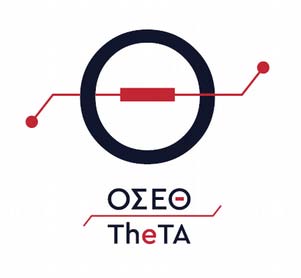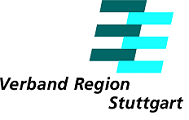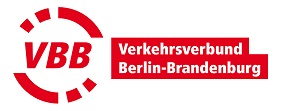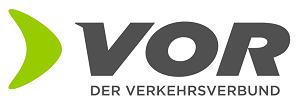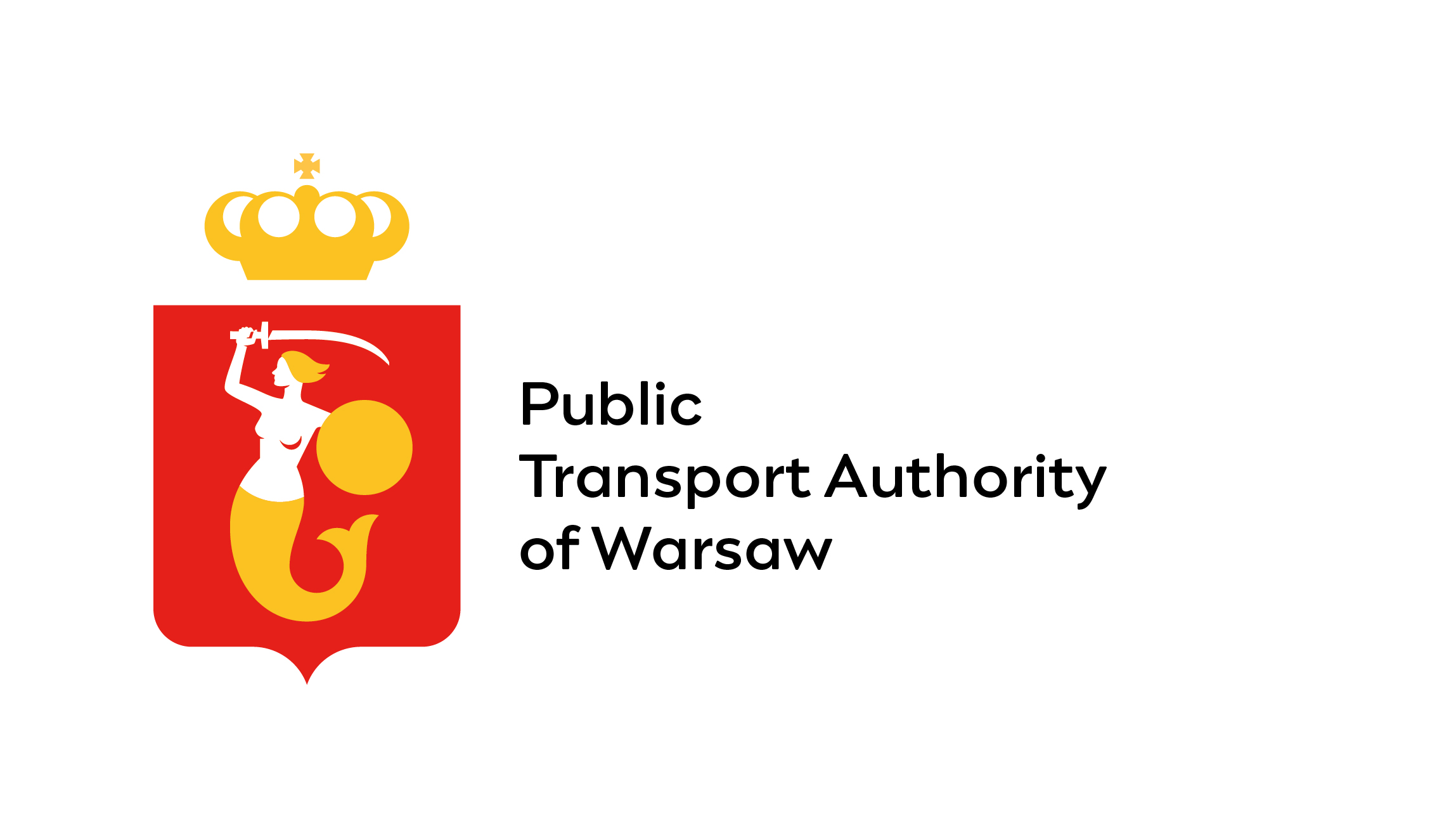News from the Cities
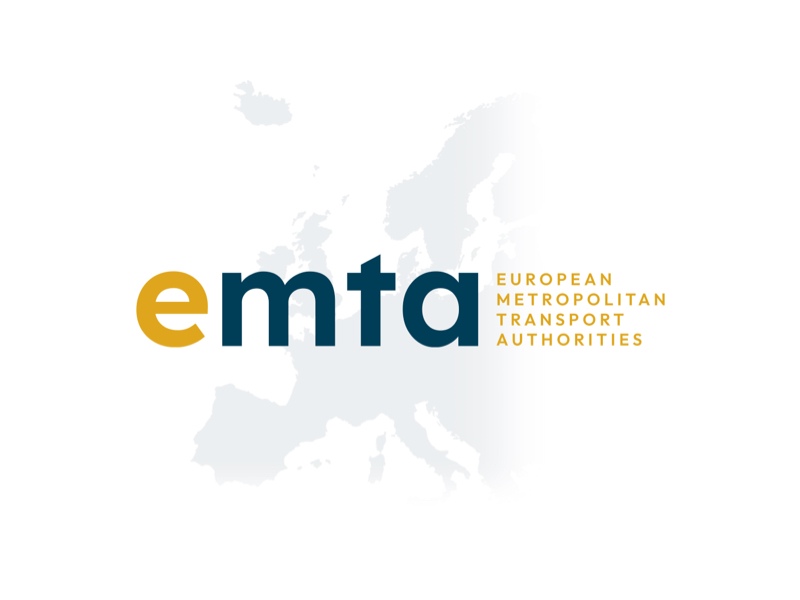
HSL to pilot a kick scooter service in summer 2019
Some 30 scooter stations will be built in Vuosaari, East Helsinki, allowing residents to rent a scooter for short-time use. The scooter sharing service pilot run by HSL (Helsinki Region Transport) and Samocat Sharing will include both regular and electric scooters. HSL’s aim is to test scooters both as an independent means of travel and

HSL awards environmental bonuses to encourage emission reductions
This year, HSL (Helsinki Region Transport) will pay 1.7 million euros in environmental bonuses to bus operators who cut their particulate and carbon emissions. HSL awards bonuses for using biodiesel, bioethanol and biogas as well as for exhaust gas after-treatment. HSL awarded the bonuses through a bidding process held in 2018. The measures taken by
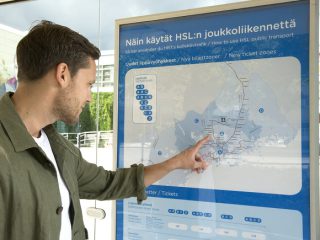
New zone system revolutionizes ticket pricing in the Helsinki region
During spring 2019, HSL (Helsinki Region Transport) will be implementing a new zone system which will fundamentally change public transport ticket pricing in the Helsinki region. In the new system, the HSL area will be divided into four zones (A, B, C and D) independent of municipal boundaries, spreading out from Helsinki center. Ticket prices

London to trial on-demand bus services
Transport for London (TfL) recently launched a consultation on plans to trial an innovative ‘on-demand’ bus service in Sutton in South London. The new service will let people or groups use an app to book seats on a minibus that will stop at more convenient locations, including areas not currently served by public transport. The
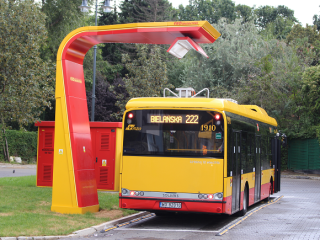
Warsaw: Towards electromobility
The capital of Poland is a city with a perfectly developed public transport system. Residents and visitors can use buses, trams, underground and agglomeration railway. In order to fight air pollution, the city uses increasingly more ecological means of transport. These are primarily electric vehicles, but also those with gas or hybrid drive. Warsaw public
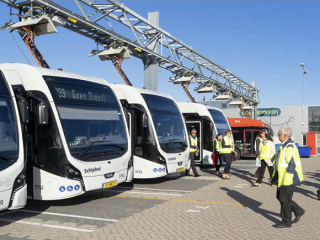
Ambition for Amsterdam public transport
The Transport Authority Amsterdam (Vervoerregio) aims for cleaner and quieter public transport for its residents and travellers. With the transition to zero emission public transportation we contribute to the global climate goals. That is why from 2025 all new buses in the Amsterdam Metropolitan Region will be emission free. In 2030 this applies to all
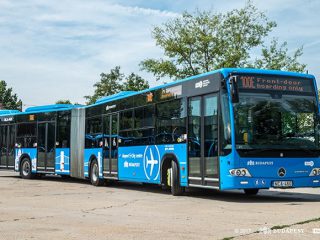
Service development on the transport lines connecting Budapest Airport and the city centre
Budapest Airport with its two adjacent terminals (2A and 2B) is partially located on the territory of Budapest, some 20 km from the city centre. Besides air-passenger facilities, logistics and flight related businesses continue to settle in the area. Terminal 2 has no fixed-rail connection to the city centre, while bus line 200E has linked
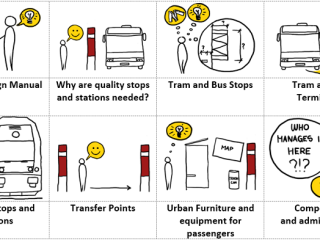
New Prague Integrated Transport Stop and Station Design Manual
Ride by public transport does not start by getting on the vehicle, but already by coming to the stop. Public transport stops represent the first contact of a passenger with the public transport system, in addition to they create significant public spaces. Unfortunately just the appearance of the stops and transfer points is rather a
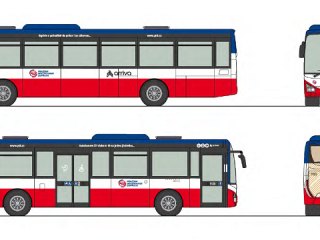
New bus standards in Prague and Central Bohemia for next 10 years
An air conditioner, low-floor, enough space for baby carriages and also a maximum of comfortable seats, a modern information and fare control system, a uniform appearance. These are only some of new requirements for newly acquired buses for years 2020-2029 that move as a part of a system of Prague integrated transport, which covers Prague
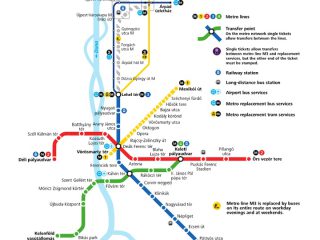
Replacing the irreplaceable – metro replacement in Budapest
The first phase of the refurbishment of Budapest’s metro line M3, Hungary’s busiest fixed-rail route has been in process over half a year, by suspended underground operations on the section between Lehel Square and Újpest Center. To ensure passenger flow, BKK Centre for Budapest Transport has created a multiple pillar-based surface replacement network for the


